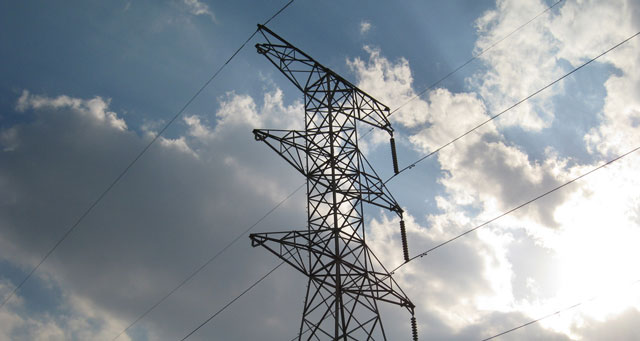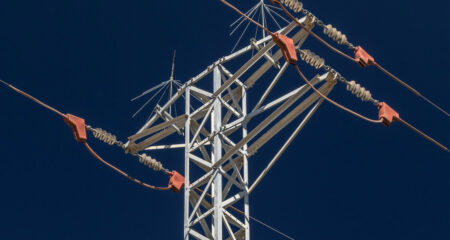
Expect load shedding 20 hours every day if South Africa doesn’t build 20GW of new power stations within a decade, a nuclear energy proponent warned on Tuesday.
“If we don’t come up with a strategy to build 20GW of coal or 20GW of nuclear we will have little electricity by 2025,” said Des Muller, Group Five nuclear construction services director.
One of four panellists at the Africa Energy Indaba’s nuclear forum in Sandton, Muller said if South Africa fails to create new baseload generators to replace Eskom’s ageing coal power stations, the country can expect four hours of electricity a day.
South Africa has committed to reducing its carbon dioxide emissions due to its impact on global warming, so building 20GW of new coal power stations is unlikely.
The panellists of nuclear experts said solar, wind, hydro and gas do not adequately create baseload power, which they believe is essential for economic growth and industrialisation.
Many environmentalists, who are strong proponents of solar and wind energy, believe a total rethink of how we use electricity is needed going forward, which would eliminate the need for baseload power.
Environmentalists see nuclear energy as backward technology that can only harm the planet. They believe future development in renewable energy storage solutions and the reduction in generation costs making all other forms of generation outdated, dangerous and costly.
“Nuclear energy is extremely expensive,” David le Page of Fossil Free South Africa said in 2015. “We have incredible wind and solar energy resources in South Africa. The very ambitious renewable energy programme that we have is already saving us an enormous amount of money that we would otherwise have spent on gas.”
He said baseload power is not a function of a particular type of energy. “It is a function of how you manage your overall electricity grid and particular resources within that grid,” he said.
Nuclear proponents, however, are convinced that for an economy to truly grow under the conditions of low carbon emissions, nuclear has to be an important component of the mix. They also believe nuclear is the safest, cleanest and cheapest energy producer. Nuclear proponents say gas generators are great for peaking power, but not for baseload power.
South Africa is polarised on the need for a 9,6GW nuclear build programme, with critics saying it will sink the economy and tie the country politically to Russia, which some suspect has struck a secret deal with President Jacob Zuma. Firing his nuclear-wary finance minister Nhlanhla Nene in December 2015 didn’t help.
Proponents of nuclear energy laugh — and cry — at these assumptions, explaining that too much time has been wasted on debating the need to push ahead with nuclear energy.
Areva South Africa MD Yves Guenon said the procurement process is taking too long.
“The nuclear process does not go quickly,” he said. “Even if you select the vendor by the end of 2016, it will take a long time to get licences — it takes years.”
He predicted that if South Africa selected vendors to create 20GW of nuclear power now, it would only see these up and running by 2035.
Scare tactics
Does that mean South Africa will have load shedding for a decade? The environmentalists will tell you that these are scare tactics and that the renewable energy private sector will build quick, affordable and safe solutions during a time of great innovation and advancements in the renewable sector.
If nuclear is delayed or halted and renewables don’t come to the party, we know what happened the last time we were late with a new build programme.
Eskom’s Medupi and Kusile power stations were supposed to go live by 2015, which would have dramatically changed Eskom’s current position financially and operationally. Instead of being cash flush and delivering adequate power, it resorted to load shedding for several months. This caused a decrease in consumption and a massive debt, which it wants to pass on to consumers via higher tariffs.
Delays in implementing key policies like the 1998 white paper on energy resulted in the sector operating in the blind, which caused the issues relating to Medupi and Kusile, according to Guenon.
“Everyone was blind in 2000,” he said. “We cannot be blind a second time. We have to go through the process.”
Muller concurred. “I was around when Medupi and Kusile [were given the green light],” he said. “The lights were shutting down and so Eskom signed these amazing contracts very quickly with little localisation.
“The nuclear build programme must go through a different approach,” he said. “Give it time, don’t make the same mistakes.” — Fin24




